Sorry, no matches were found for 'vehicles' Please try another keyword.
Request For Quotations
Q
are jeep cherokees good vehicles
I'm a seasoned industrial engineer with a keen interest in machine learning. Here to share insights on latest industry trends.
Industry Upgraded: Explore how industries evolve in response to economic, societal and technological changes.
You May Like
No, vinegar is not a polymer. It is an aqueous solution primarily made of acetic acid and water, with the chemical formula CH3COOH for acetic acid. Polymers are large molecules composed of repeating structural units (monomers), linked together by covalent bonds. Common examples of polymers include plastics, rubbers, and fibers like nylon. Vinegar's main component, acetic acid, does not form such long chain molecules but remains as a simple molecular compound, making vinegar a non-polymeric substance. Its properties and uses, ranging from culinary applications to cleaning, stem from its acid content rather than any polymeric structure.
Sealants and adheservatives are materials designed for the specific purposes of sealing and adhesion, respectively. Sealants are primarily used to block the passage of fluids through surfaces, joints, or openings, often providing a flexible and waterproof barrier that can accommodate slight movements. Common types include silicone, polyurethane, and acrylic. On the other hand, adhesives are formulated to bond materials together, ranging from wood, metals, glass, to plastics. They work through various mechanisms, such as mechanical bonding or chemical reactions, to create strong and durable connections. Examples include epoxy, cyanoacrylate, and PVA glue. While both serve to join surfaces, their distinct functional properties address different needs—sealants emphasizing sealing and protection against environmental factors, and adhesives focusing on creating strong, long-lasting bonds.
Polymers are long chains of molecules with repeating structural units, and they form the basis of many materials due to their varied properties, such as flexibility, resistance to chemicals, and durability. Common items made from polymers include plastics used in containers, toys, and household appliances; rubber products such as tires and gaskets; fibers used in clothing (nylon, polyester), household items, and carpets. Additionally, polymers are essential in the medical field for making disposable syringes, implants, and drug delivery systems. Advanced applications involve conductive polymers in electronics and biodegradable polymers for environmentally friendly packaging solutions. The versatility and adaptability of polymers make them indispensable in modern life, constantly expanding into innovative applications.
Recommended Suppliers
You May Like
-
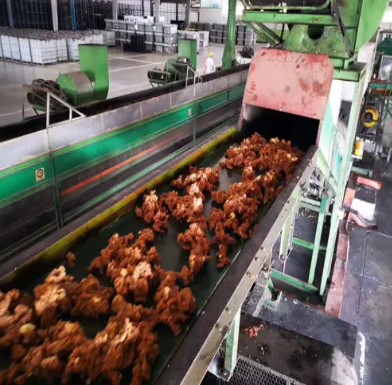 MIXTURES OF NATURAL RUBBER AND SYNTHETIC RUBBER (97.5% STR20+2.5% SBR1502)
MIXTURES OF NATURAL RUBBER AND SYNTHETIC RUBBER (97.5% STR20+2.5% SBR1502) -
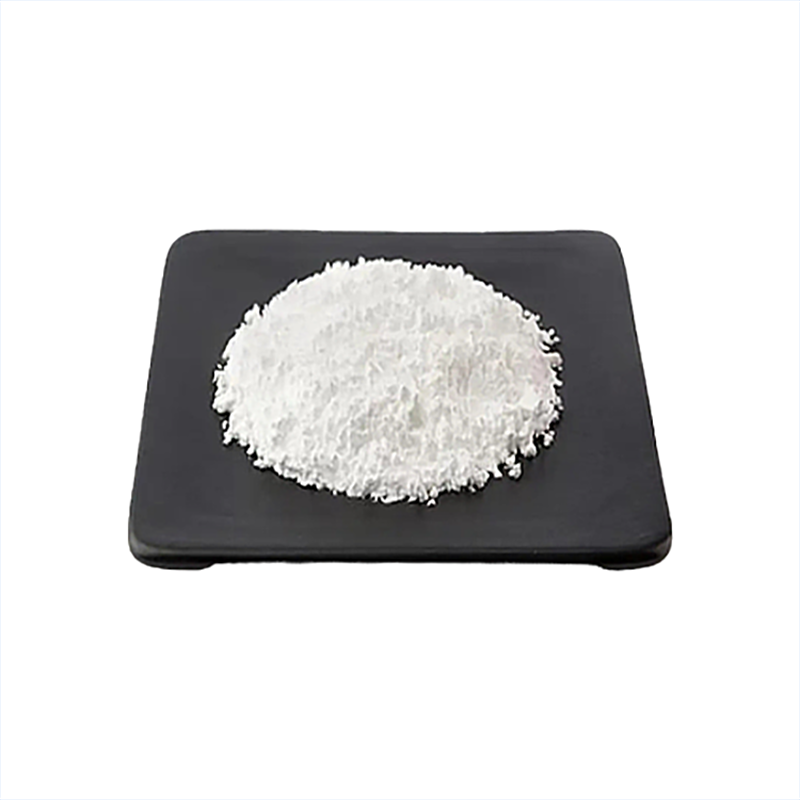 Kelong Superfine Calcium Carbonate Powder CC998
Kelong Superfine Calcium Carbonate Powder CC998 -
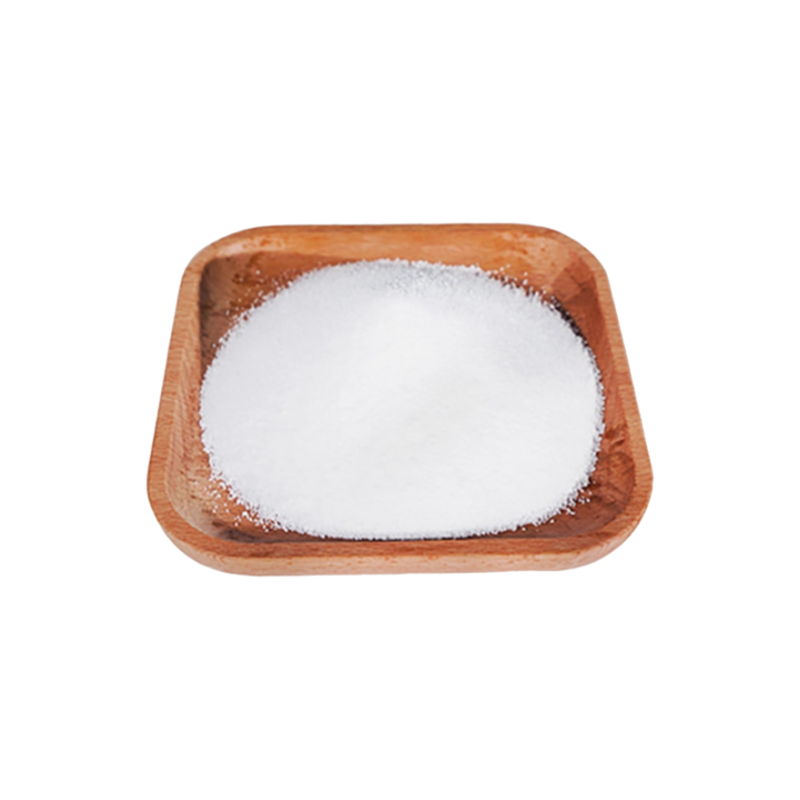 Citric acid (mono) (E330) White crystal powder
Citric acid (mono) (E330) White crystal powder -
 500 Mesh Grey Anti-dust Pigment
500 Mesh Grey Anti-dust Pigment -
 New high quality china manufacture clear plastic cup 640ml PP disposable transparent party cup
New high quality china manufacture clear plastic cup 640ml PP disposable transparent party cup -
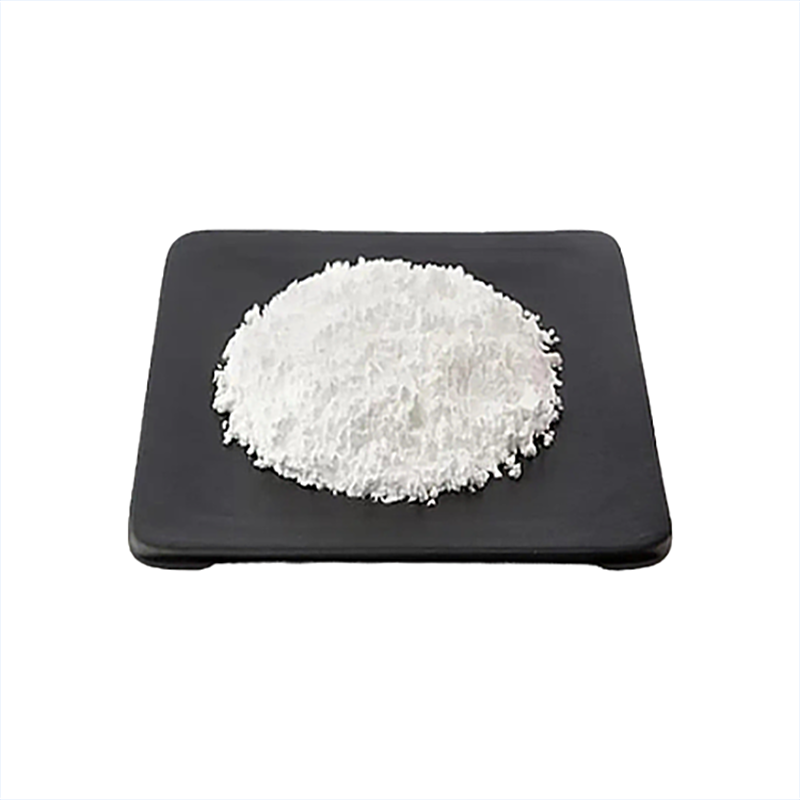 Maltodextrin DE15-20 Food Grade
Maltodextrin DE15-20 Food Grade -
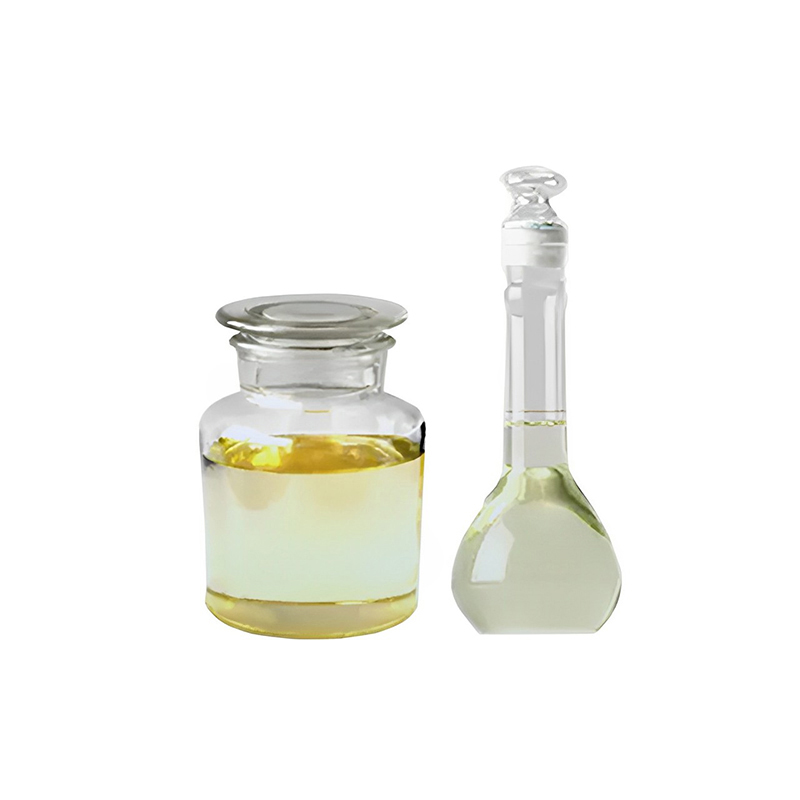 TITANIUM TETRACHLORIDE
TITANIUM TETRACHLORIDE
Q&A
- •is cellulose insoluble
- •does pvc conduit heave when buried below ground
- •what is the best adhesion promoter for automotive plastic
- •is resin safe to grow vegetabkes in
- •how to use evo stik metal epoxy putty
Popular Information
- •Prospects for China PE Market in 2024
- •Andhra Sugar, Hyderabad Inds our top two wealth-creating ideas: G Chokkalingam
- •Rahul Sharma is betting on GSFC, DCW and Spencer. Here’s why
- •GACL commissions expansion of caustic soda plant at Dahej
- •The Price Trend of Flake Caustic Soda Was Generally Down in November










